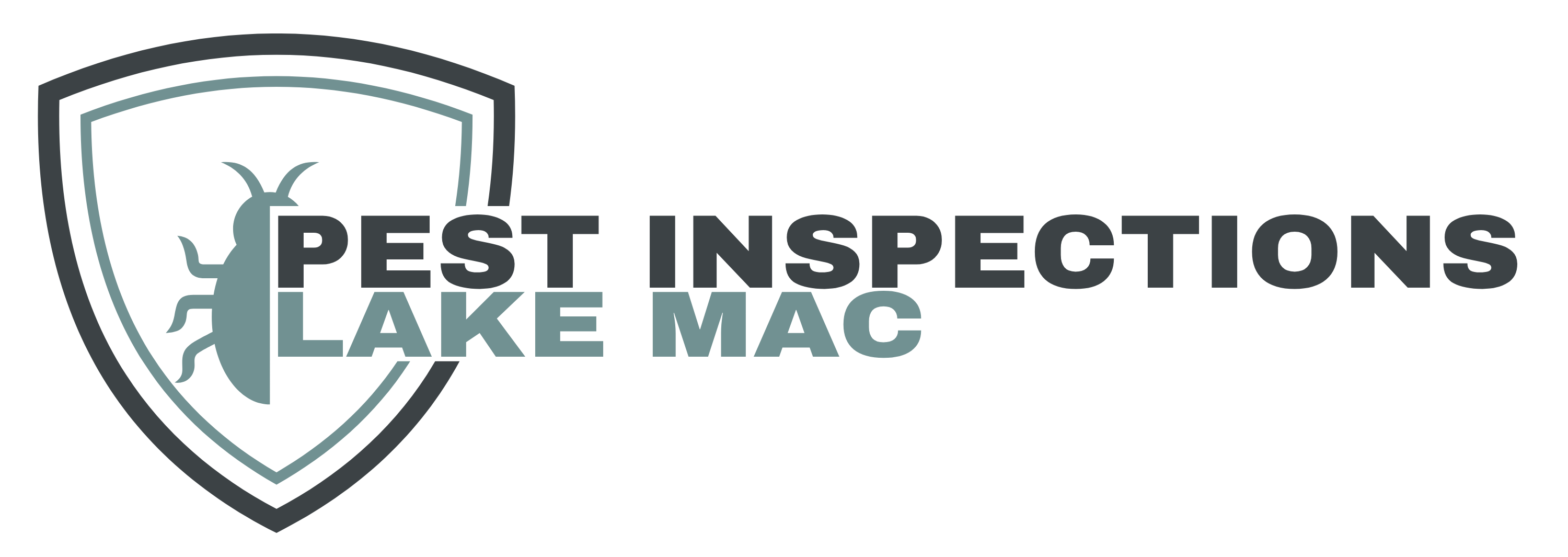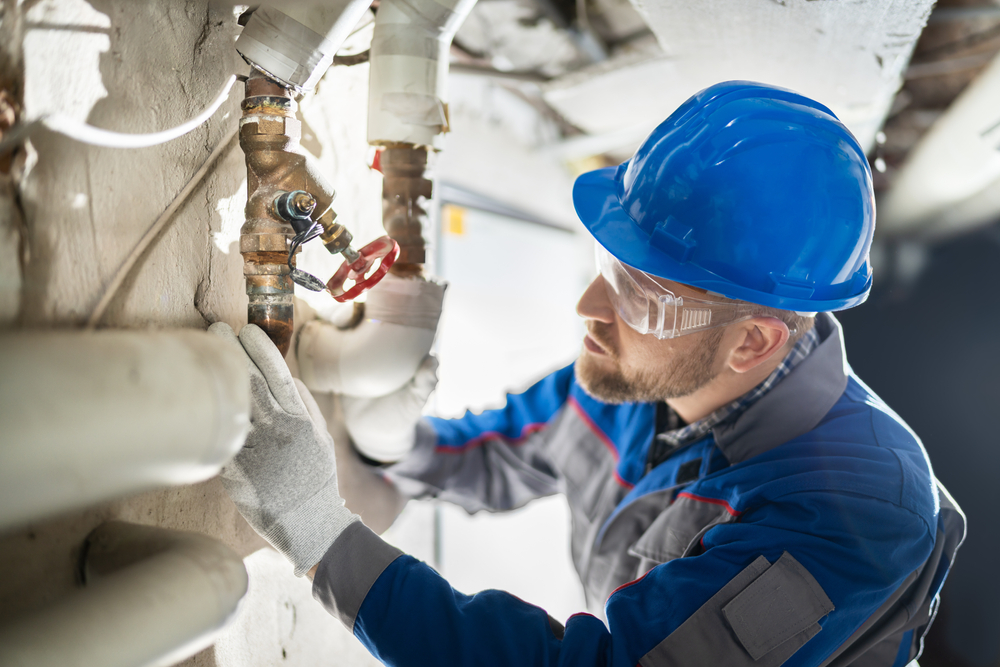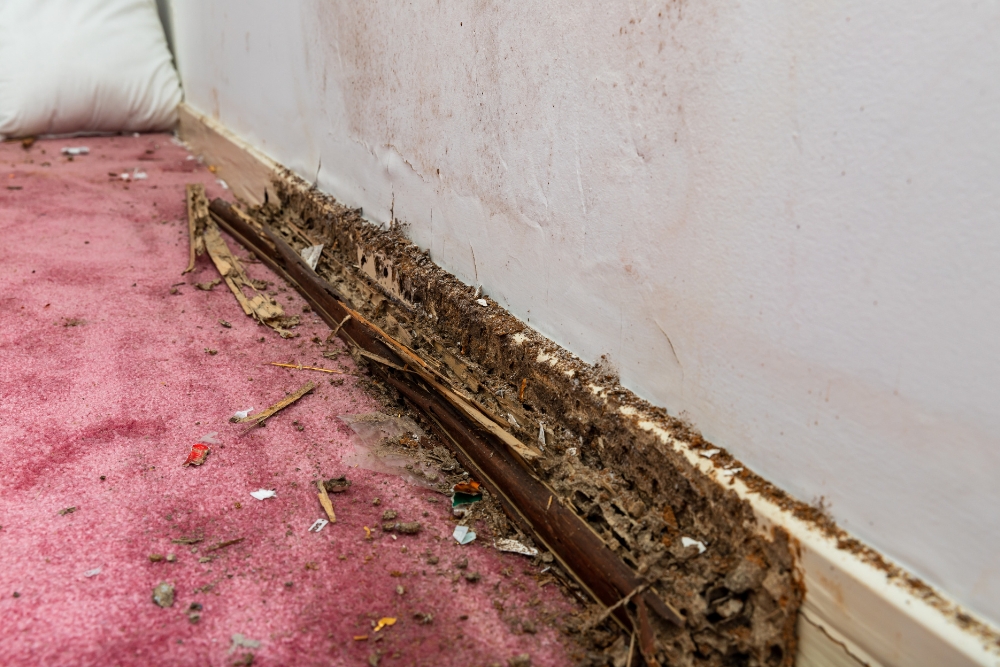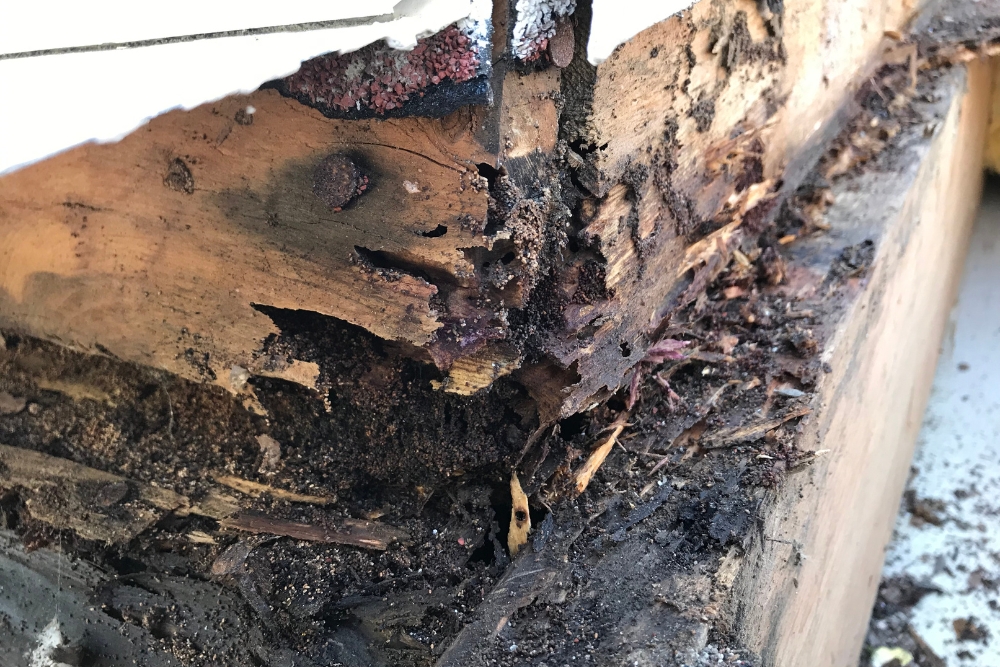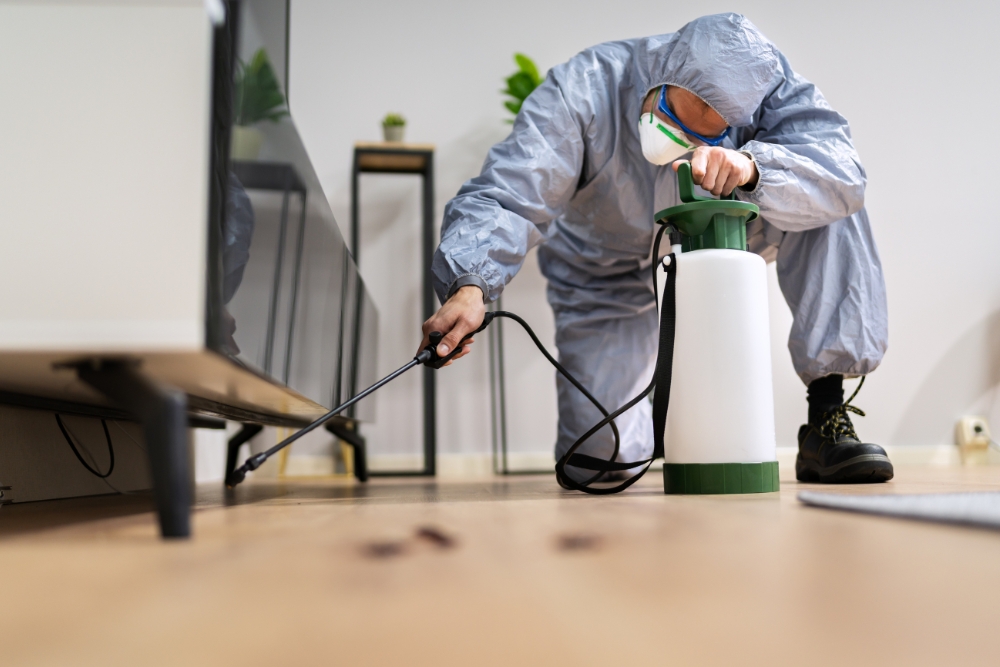In homes across Australia, an unseen battle rages between homeowners and tiny invaders that seek to turn any domicile into their next nesting ground. This conflict centres around a common household issue: plumbing problems. From leaky pipes attracting drain flies to cracked sewer lines welcoming ant invasions, the relationship between water infrastructure flaws and pest infestations is too significant to ignore.
Given the right conditions, damp environments become breeding grounds for roaches, while unseen gaps in plumbing create perfect entry points for mice. Leaky taps and moisture not only invite these uninvited guests but also pose severe health risks by spreading diseases through our living spaces. Recognising the importance of regular plumbing checks becomes a crucial strategy in this ongoing war against pests.
These routine inspections help identify potential issues before they escalate, allowing homeowners to maintain an environment less appealing to pests. Taking proactive steps such as sealing cracks, fixing leaks promptly, ensuring proper ventilation throughout your home, and securing food sources make it harder for pests to thrive.
For those facing more stubborn or hidden problems, calling on professional pest control services offers an effective solution. This article aims to shed light on how simple actions like scheduling regular plumbing inspections can fortify your home’s defences against unwanted critters. Stay ahead with maintenance; read on.
Key Takeaways
- Leaky pipes and cracks in your plumbing can invite pests like ants, roaches, and mice into your home. These invaders are not just a nuisance; they can pose serious health risks by spreading diseases.
- Regular inspections of your plumbing systems, including checking for dampness and sealing any gaps or cracks, play a crucial role in keeping these pests out. By staying ahead with maintenance, you create an environment that’s less appealing to them.
- Fixing leaks promptly helps avoid creating the moist conditions that many pests thrive in. This step is vital because once pests find a reliable water source on your property, it becomes harder to get rid of them.
- Good ventilation and securing food and water sources make your home less attractive to pests. Ensure areas prone to moisture like kitchens and bathrooms have proper airflow, store food securely, and fix leaky taps immediately.
- Considering professional pest control services can be beneficial for tackling existing infestations effectively and preventing future invasions. These experts can identify hidden problem areas quickly and take steps to protect your home from more than just the common critters.
How Plumbing Problems Can Attract Pests
Plumbing problems are a beacon for a variety of pests, drawing them into your home with the promise of water and shelter. Leaky pipes, for instance, create the moist environments that drain flies seek for breeding, turning minor plumbing issues into major pest nightmares.
Similarly, cracked sewer lines can act as gateways for ants, who are attracted to the scent and moisture, leading to large-scale invasions. The dampness resulting from untreated plumbing issues is also an ideal condition for cockroaches, which thrive in humid environments and can quickly become a persistent problem if not addressed.
Furthermore, gaps in plumbing fixtures can serve as entry points for mice, who can squeeze through surprisingly small openings to access the warmth and potential food sources inside your home. Addressing plumbing problems promptly is thus crucial in preventing these pest attractions and protecting your home from infestations.
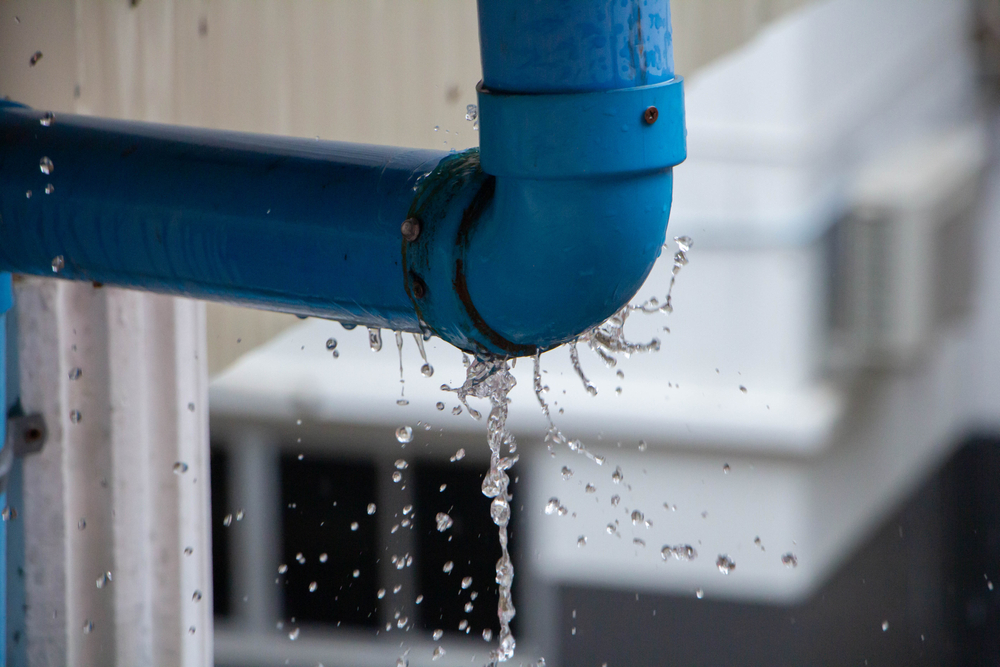
Leaky pipes and drain flies
Leaky pipes are prime real estate for drain flies, those tiny pests we often find buzzing around our sinks and showers. These leaks create moist environments that attract these unwelcome visitors into our homes and workplaces.
As homeowners or inspectors, we know the fight against moisture is crucial in maintaining a pest-free property. Regular inspections can spot early signs of leakage, helping to avoid larger infestations down the track. We make it our mission to protect plumbing systems from becoming the breeding grounds for pests like drain flies.
By doing so, we not only safeguard our properties but also contribute to a healthier living environment.
Cracked sewer lines and ant invasions
Cracked sewer lines create ideal entry points for ants to invade your home. Ants are attracted to the moisture and organic matter that leak from broken sewer lines, making them a common pest in such situations.
These pests can be a nuisance and potentially harmful if they find their way into your food supply or cause damage to the structure of your home. Regular inspection and maintenance of sewer lines are crucial in preventing ant invasions and ensuring the integrity of your plumbing system.
Inspecting for cracked sewer lines is essential as it helps identify potential points of entry for ants, allowing you to take proactive measures to seal off these areas before an infestation occurs.
Dampness and roach infestations
Dampness creates an ideal environment for roaches to thrive. These insects are attracted to moisture and can quickly multiply in damp areas around plumbing fixtures and appliances.
Regularly checking for leaks and fixing them promptly is crucial in preventing roach infestations. Additionally, maintaining proper ventilation in bathrooms, kitchens, and basements can help reduce the humidity that attracts roaches.
Roach infestations pose serious health risks as they carry diseases and allergens that can affect your family’s well-being. Professional pest control services can effectively eliminate roaches from your home, providing a safe and healthy living environment for everyone.
Plumbing gaps and mice intrusions
Plumbing gaps can provide easy access for mice to invade your home. Mice can squeeze through tiny openings and use plumbing gaps as entry points. They often nest in dark, secluded areas near water sources, making pipes an inviting spot for them to settle.
Inspecting your plumbing system regularly and sealing any gaps can help prevent mice intrusions. Additionally, keeping the area around your pipes clean and clutter-free will reduce hiding spots for these pests, deterring them from setting up residence in your home.
The Dangers and Domino Effect of Water Leaks
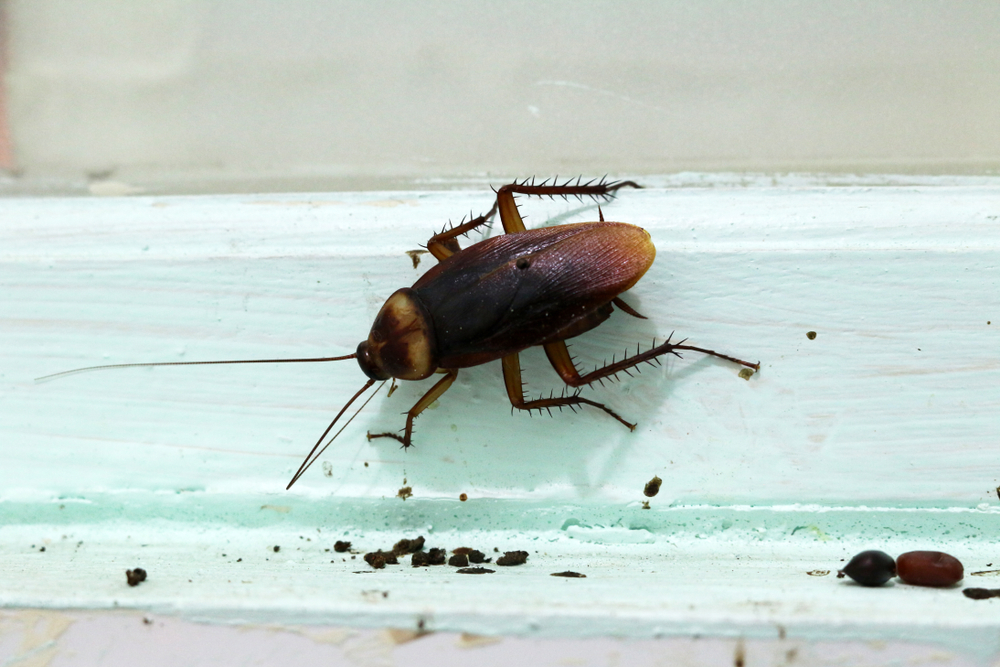
Water leaks within a home not only cause structural damage but also create a breeding ground for a variety of health hazards and unwelcome pests. The moisture from leaks provides the perfect environment for mould and mildew to flourish, potentially leading to respiratory problems and other health issues for the occupants.
In addition, the damp conditions attract pests such as cockroaches, silverfish, and rodents, who are drawn to the moisture for hydration and nesting. These pests can then multiply rapidly, exacerbating the problem and making it more difficult to control.
To prevent these cascading issues, it’s crucial to address water leaks promptly and follow effective prevention tips, which not only safeguard the structural integrity of your home but also protect the health and well-being of its residents.
Potential health risks
Water leaks can lead to mould growth, which can trigger allergies and respiratory issues. Additionally, stagnant water from leaks creates a breeding ground for disease-carrying pests such as mosquitoes and rodents. These health risks underscore the importance of promptly addressing any plumbing problems to maintain a healthy living environment.
Unchecked leaks not only deteriorate property but also pose significant health hazards due to mould proliferation and pest infestations. By maintaining leak-free plumbing systems, homeowners and building inspectors can safeguard against potential health risks stemming from water damage and pest activity within residential or commercial spaces.
How pests multiply rapidly in damp environments
Damp environments provide an ideal breeding ground for pests due to their ability to multiply rapidly. In these conditions, insects like roaches and drain flies thrive, while rodents such as mice find a comfortable habitat for reproduction.
The increased moisture levels contribute to the accelerated growth of pest populations, making it crucial to address plumbing issues promptly to prevent infestations.
Meticulously maintaining the dryness of your plumbing system can effectively deter the rapid multiplication of pests in damp environments. Regular leak inspections and swift repairs are essential in minimising moisture accumulation, thereby reducing the potential for pest invasions.
Pest Prevention Tips in Your Pipes
Preventing unwanted pests from invading your home involves a multifaceted approach that begins with the basics of home maintenance. Scheduling regular plumbing inspections and promptly addressing any leaks can significantly reduce the moisture levels that attract pests such as cockroaches, silverfish, and rodents.
Additionally, maintaining proper ventilation throughout your home, especially in areas like the kitchen, bathroom, and basement, can help control humidity levels and deter pest infestations. Sealing any gaps and cracks in your home’s foundation, walls, and around windows and doors, along with securing food in airtight containers and eliminating standing water, removes potential food sources and entry points for pests.
For comprehensive protection, consider enlisting the services of professional pest control experts, who can offer tailored solutions and preventative measures to keep your home pest-free effectively.
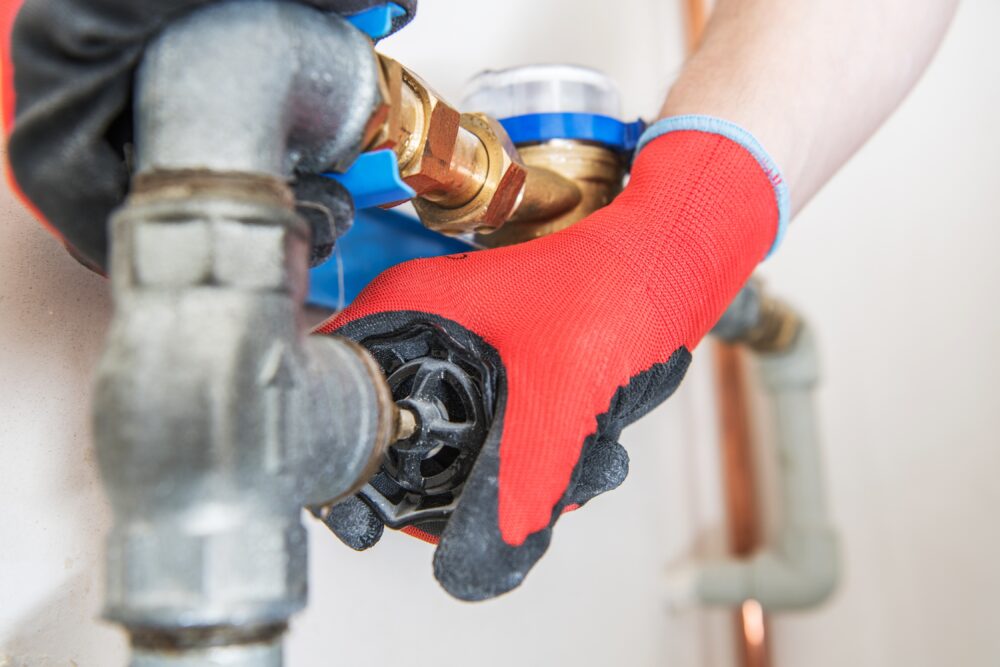
Schedule regular plumbing inspections
Regular plumbing inspections are essential in maintaining a pest-free environment. We recommend scheduling routine checks to identify potential issues and address them promptly. These inspections help us detect leaks, damaged pipes, or any other plumbing problems that may attract pests.
By staying proactive with regular plumbing examinations, we can effectively prevent unwanted invasions and protect our homes from infestations.
Pest Inspectors should regularly assess the plumbing systems of properties to ensure they are free from leaks and defects. This helps in preventing pest attraction while ensuring the overall integrity of the building is maintained.
Seal gaps and cracks
Conducting thorough inspections of your property to identify any gaps or cracks is a critical first step in safeguarding your home or building against pest invasions. These openings, no matter how small, can serve as a gateway for a variety of pests seeking shelter, food, or breeding grounds within the safety of your walls.
Once identified, sealing these potential entry points with appropriate, durable materials can significantly reduce the chances of pests infiltrating your living spaces. Such preventative maintenance not only ensures the structure’s integrity but also acts as a foundational aspect of effective pest management.
By committing to regularly examining and upkeeping your property’s exterior and interior, you create a less inviting environment for pests, effectively keeping them at bay and preserving the comfort and security of your home.
Promptly fix leaks
Promptly fixing leaks is crucial in preventing pest infestations. Untreated leaks create a damp environment that attracts pests such as termites, ants, and cockroaches. These pests thrive in moist areas and can quickly infest your property if leaks are not addressed promptly.
Regularly inspecting and repairing any leaks will help maintain a dry environment that deters pests from invading your space.
Regular plumbing inspections should be scheduled to identify and promptly fix any water leaks. Professional plumbers can seal gaps and cracks to prevent pest intrusion, ensuring a pest-free plumbing system. By addressing leaks without delay, you’ll avoid creating an inviting environment for unwanted invaders.
Maintain proper ventilation
Proper ventilation is crucial for maintaining a healthy and pest-free environment. Stagnant air can create dampness, which attracts pests like roaches and mould. Good airflow helps to keep areas dry, preventing moisture buildup that pests thrive in.
Ensure that your property has adequate ventilation in all areas, including attics, crawl spaces, and basements. Consider using exhaust fans in bathrooms and kitchens to improve circulation and reduce humidity levels.
Regularly clean filters of air conditioning units to promote better air quality throughout the home or building.
Secure food and water sources
After maintaining proper ventilation, it’s crucial to secure food and water sources to prevent attracting pests. Make sure food is stored in airtight containers and fix any leaky faucets or pipes promptly.
Clean up spills and crumbs, keep garbage bins tightly closed, and ensure pet food is not left out overnight. Standing water should be eliminated from areas like sinks, basements, or clogged gutters.
Regularly inspect for water leaks under appliances such as refrigerators or washing machines. Ensure that plumbing fixtures are in good condition and repair any drips or leaks promptly.
Hire professional pest control services
Professional pest control services should be hired to address any existing infestations and prevent future pest problems. Pest inspectors have the expertise and tools to accurately assess the extent of an infestation, identify underlying issues that may contribute to pest problems, and implement effective treatment plans tailored to your specific situation.
Their active intervention not only eliminates current pests but also helps in preventing potential re-infestations, ensuring a pest-free environment for your home or building. Building inspectors can collaborate with professional pest control services to conduct thorough assessments, addressing any structural vulnerabilities that could allow pests easy access to the property.
Call Us!
Regular leak checks are essential in preventing plumbing issues that attract pests. By scheduling routine inspections, sealing gaps, and promptly fixing leaks, homeowners can efficiently keep unwanted invaders at bay.
Have you considered the impact of implementing these practical strategies on your household? How can you apply these tips to safeguard your plumbing from pest invasions? The importance of addressing plumbing problems for pest prevention cannot be overstated.
Take action now to secure a pest-free environment for your home.
